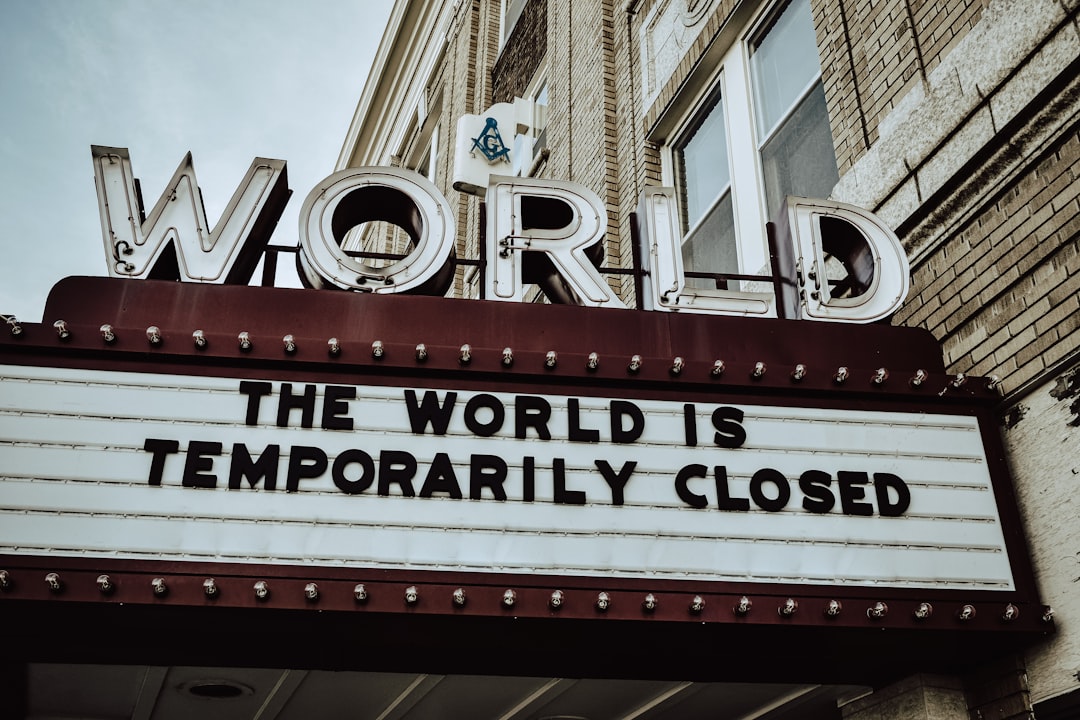
The Future of Leadership in Economic Policy: Navigating Uncertainty and Change.
# Introduction. As we look ahead, the landscape of economic policy is transforming rapidly, influenced by global challenges such as climate change, technological advancement, and social inequality. The need for innovative leadership in economic policy has never been more critical. Leaders will be tasked not only with managing traditional economic agendas but also with addressing complex, multifaceted issues that require a shift in thinking. This blog post explores the future of leadership in economic policy, focusing on the qualities necessary for successful leadership and the emerging trends shaping the field. # Adaptive Leadership and Resilience. In an era characterized by volatility and rapid change, adaptive leadership will increasingly take center stage. This style emphasizes flexibility and the ability to pivot in response to new information and shifting circumstances. Leaders will need to cultivate resilience—not just in themselves but across their teams and within the institutions they represent. This means embracing uncertainty as a core aspect of decision-making, recognizing that the ability to adapt will be crucial in navigating economic challenges that are often unpredictable. Furthermore, resilient leaders must foster a culture of innovation within their organizations. By encouraging experimentation and open dialogue, they can create an environment where new ideas flourish. This approach will empower teams to address pressing economic issues with creativity and agility, leading to more effective policies and responsive governance. # Embracing Data-Driven Decision Making. The future of economic policy will heavily rely on data-driven decision-making. Leaders will need to harness data analytics and predictive modeling to inform their strategies and policies. The rise of big data offers unparalleled opportunities for understanding economic trends and consumer behavior, which can significantly enhance policy effectiveness. Data literacy will become an essential skill for leaders. Understanding how to interpret and apply data will allow them to assess the potential outcomes of their decisions accurately. More importantly, leaders must also be adept at communicating complex data insights to various stakeholders, ensuring transparency and fostering trust in the economic policies implemented. # Collaboration and Inclusivity in Policy Development. The challenges facing economic policy are increasingly interconnected. Therefore, future leaders will need to prioritize collaboration across sectors and disciplines. Engaging with a diverse range of stakeholders—including government agencies, private sector representatives, non-governmental organizations, and communities—will be essential for developing well-rounded policies. Inclusivity in policy development will also foster broader perspectives and reduce inequalities. Leaders who actively seek input from marginalized communities or those most affected by economic policies can create solutions that address systemic issues. This participatory approach encourages shared ownership of policy initiatives, enhancing their effectiveness and social acceptance. # The Role of Technology in Economic Leadership. Technological advancements will play a significant role in shaping future leadership in economic policy. From artificial intelligence to blockchain, technology is changing how economies operate and how policies are formulated and executed. Leaders must be proactive in understanding these technologies and their implications for the economy. Moreover, the integration of technology into economic policy can enhance efficiency and transparency. For instance, using blockchain for financial transactions can reduce fraud and improve accountability in government spending. Leaders who embrace technology and leverage its potential will be better positioned to drive economic growth and development. # Addressing Global Challenges through Leadership. The future of economic leadership cannot be discussed without acknowledging the increasing urgency of global challenges such as climate change, public health crises, and social inequity. Future leaders must adopt a holistic approach that recognizes the intersectionality of these issues and incorporates them into economic policy formulation. This means prioritizing sustainability and social equity in economic discussions, thereby ensuring that policies do not disproportionately benefit one group at the expense of others. Leaders must actively seek solutions that promote environmental stewardship while fostering inclusive economic growth, creating a balanced approach that can withstand future uncertainties. # Conclusion. As the future unfolds, the role of leadership in economic policy will be more critical than ever. Emphasizing adaptive leadership, leveraging data, prioritizing collaboration, embracing technology, and addressing global challenges will define successful economic leaders. By cultivating these skills and approaches, today’s leaders can ensure that their policies are effective, inclusive, and responsive, paving the way for a more equitable and sustainable economic future. Leaders in economic policy are not merely policymakers; they are visionaries shaping the socio-economic landscape for generations to come. .








